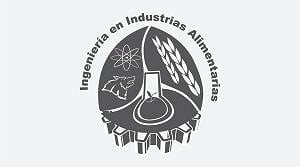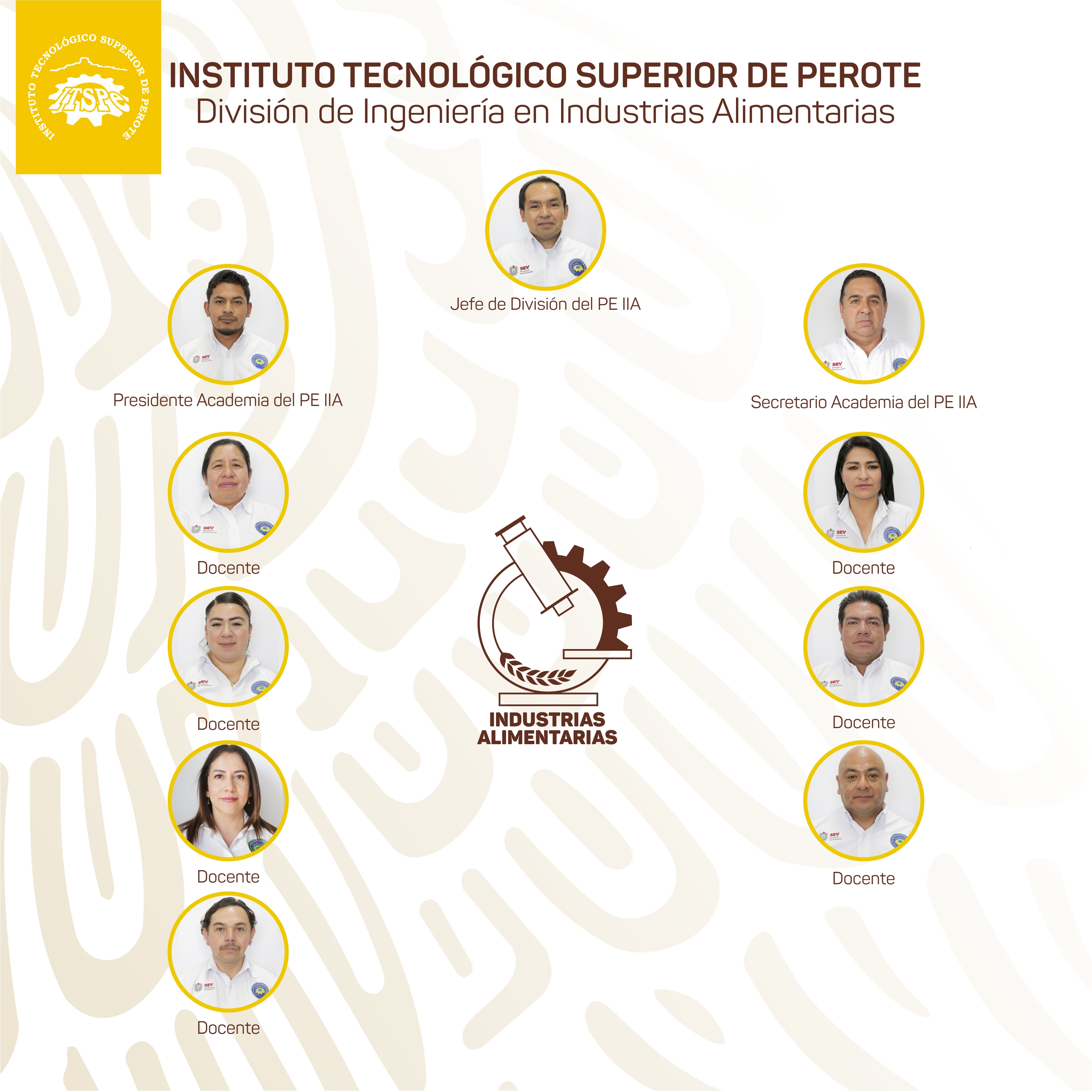

Mission
Train professionals in Engineering in Food Industries with excellence academic, that generate knowledge to favor the scope of security food, in addition to contributing to the technological and social development of the country.
View
To be an accredited Educational Program of excellence, which trains professionals analytical, competitive and innovative with a sustainable approach.
General objective
To train professionals with solid scientific and technological foundations, with ethical attitudes and skills; capable of designing, managing, developing, controlling and innovating production systems in the food industry, oriented in a sustainable and comprehensive manner at regional, national and international level.
Income profile
It is recommended that applicants to enter the Bachelor of Engineering in Food Industries come from secondary schools in the Chemical-Biological, Physical-Mathematical or Technical Area and that they have the following competencies:
Use of TIC ́s
Use of mathematics, physics and chemistry.
Observation ability and objectivity.
Initiative and criteria to use and adapt new techniques.
Manual ability to handle instruments
Creativity.
Ability to analyze and interest in providing practical solutions to problems that arise.
Ease of joining work groups.
Basic knowledge of the English language.
Graduate Profile
Design, create, apply, optimize, analyze and evaluate industrial food production systems.
Create and use sustainable technology in the food industry, reducing environmental impact.
Plan and operate food industries in a sustainable approach.
Develop and apply traditional and emerging techniques and microbiological procedures for the preservation of food, according to its functional properties.
Evaluate the materials for the design of packaging and packaging according to the processing conditions and physical and chemical characteristics of the food.
Inspect, evaluate and control the safety of food, equipment and process facilities, preserving their quality, safety and traceability.
Use basic concepts of probability and statistical control for the resolution inherent to the quality of the product.
Design, develop, manage and undertake quality systems, world class in the food sector.
Inspect, evaluate and control a production process or finished product through the application of physicochemical evaluation techniques and instrumental analysis.
Adopt, adapt, transfer and innovate technologies for food transformation.
Analyze, develop, undertake and evaluate innovative products with nutritional, functional and nutraceutical attributes.
Develop technologies for the generation of alternative energies from food products and by-products.
Undertake, formulate, execute and evaluate business plans; consulting, and expert opinions aimed at the creation of companies.
Design and deliver training courses on topics of the food industry in general.
Analyze and apply the main concepts and tools of administration and economics, which allow the optimal distribution and use of resources.
Develop leadership skills and oral and written communication for professional performance.
To perform professionally, with an entrepreneurial spirit and ethical commitment, with oneself, collaborators, society and their environment.
Organize and carry out inter and multidisciplinary work in changing situations and multicultural environments.
Mastering a second language, which allows you to integrate and strengthen your professional skills.
Establish strategies to serve market niches through the marketing and logistics of food distribution.
Educational Objective |
Criterion |
Indicator |
Graduates will have the ability to develop, transfer and innovate related technologies with the transformation of the raw materials of plant and animal origin for Industry Alimentary, applying safety standards and quality. |
The graduate participates in companies in the sector productive they perform processes of transformation of foods. |
Those of graduates who occupy positions in process areas QA, Investigation and development of new products in the Food industry. |
Graduates will have the ability to participate in academic activities, development and research in the food industry, to strengthen your performance in your environment work and personal. |
Participation in educational institutions top and centers public research and private. |
The graduates who they work in teaching, as researchers or what carry out studies of postgraduate. |
Graduates will have the ability to undertake or manage projects consulting, as well as companies that contribute to problem solving of the food industry. |
Participation of graduates in consulting companies or processing plants sector food public or private. |
Those of expenses that are they are working in consulting firms or of processes, own, private or sector public. |
RETICULATE IIAL-2010 -219
